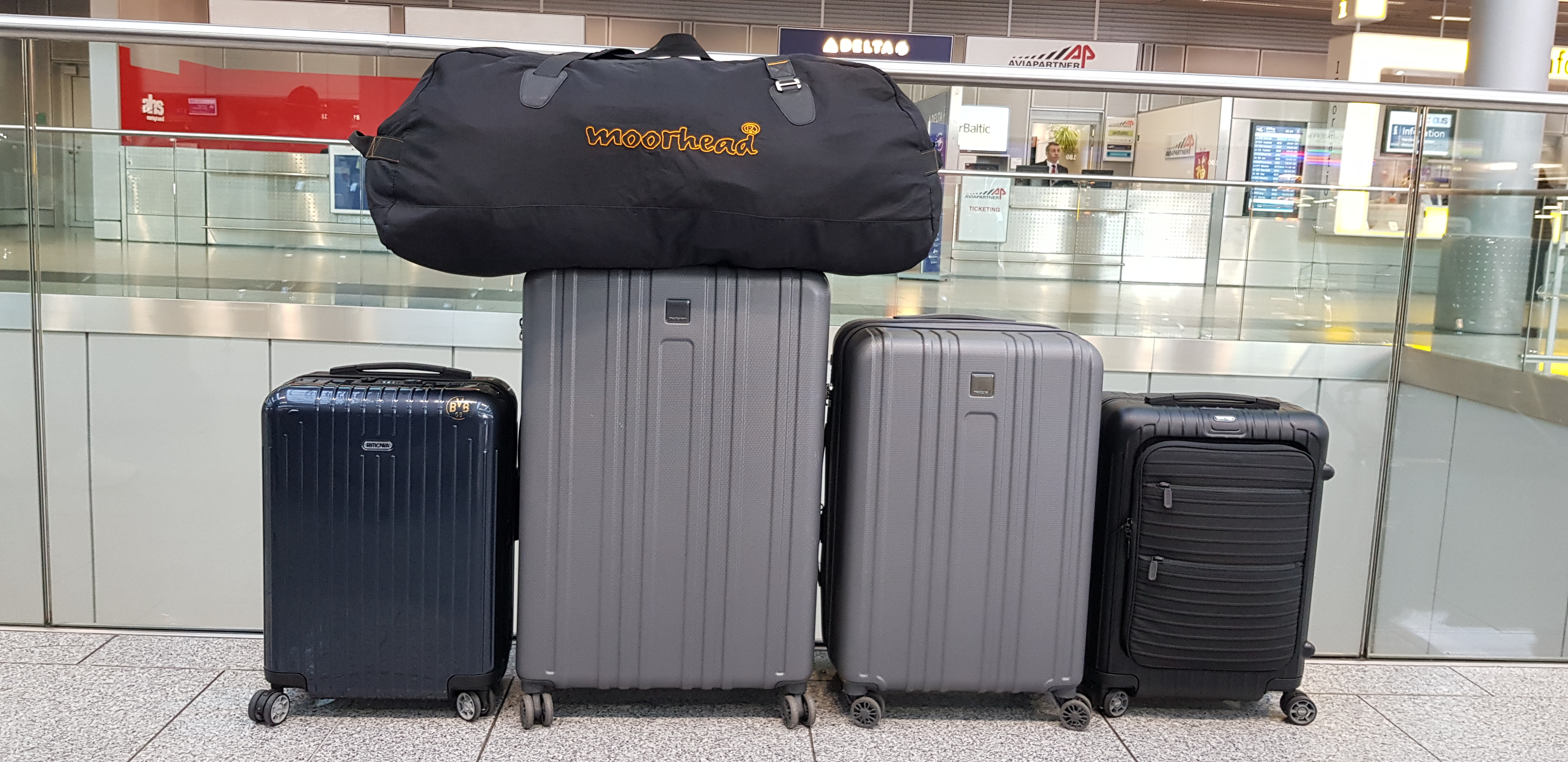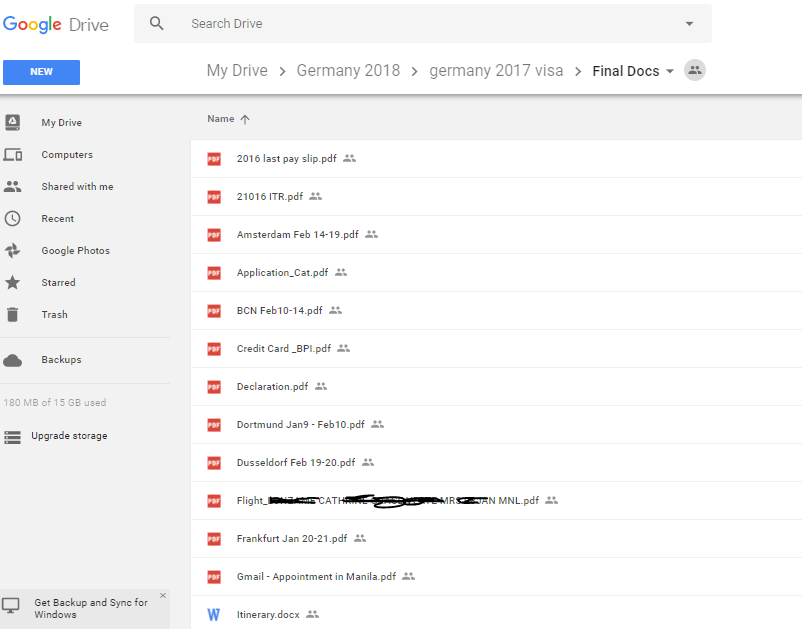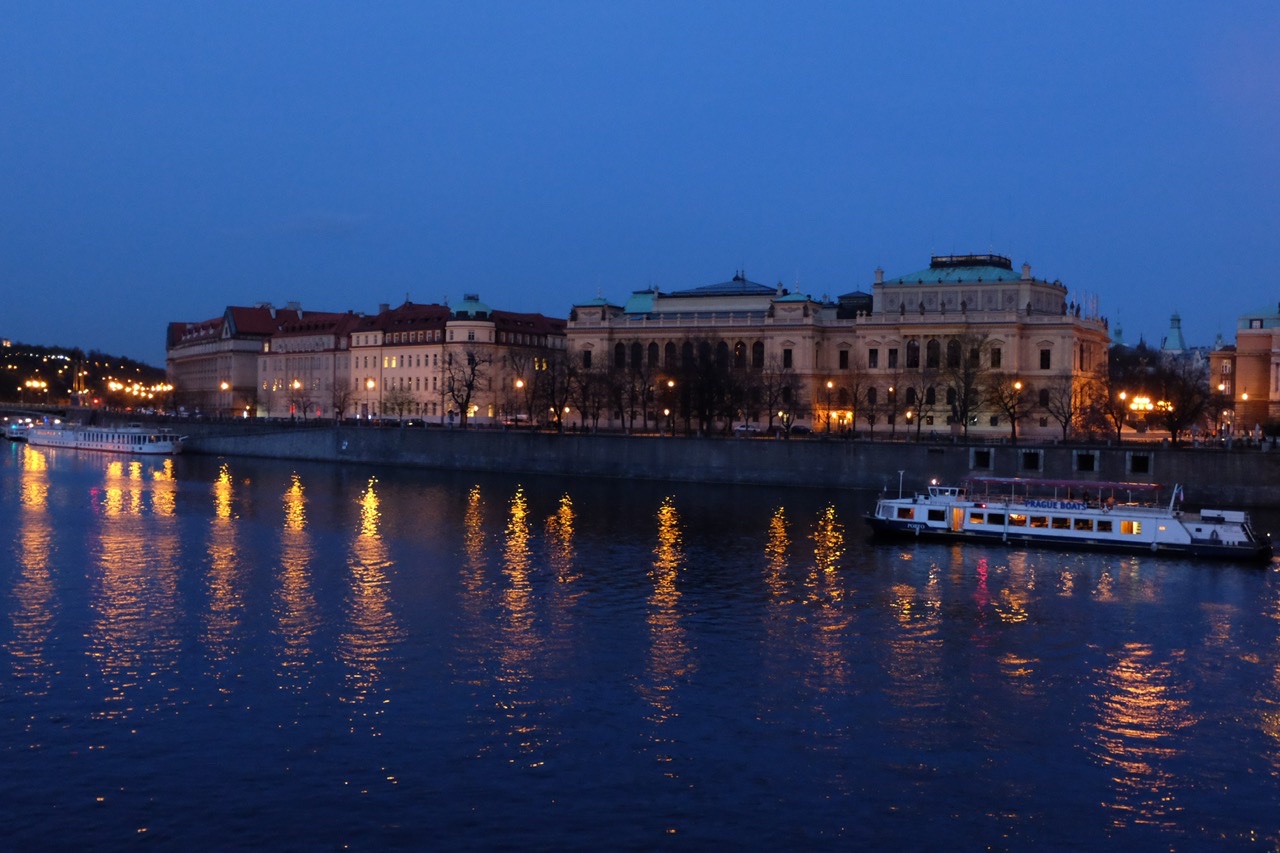Travelling used to be expensive and scary for first-time travelers like me but as I learned some of the ropes, tools and techniques, I can now say travelling is much cheaper and easier! Today, I will share some of the travel hacks I have learned along the way.
Cheap Flights
Aside from waiting for the Piso Fare and Seat Sale day, you can also search in some websites like https://www.skyscanner.com/ and https://www.google.com/flights/. These sites will help you compare prices of different airlines easier. In case that you still have no place and date in mind yet but willing to go anytime & anywhere, just enter the source/from location and click on the search button. In this way, you are not limiting the search results and will get a better view of the places and date with the cheapest airfare.
Itinerary
Start by making a simple file with a list of Places of Interest, Activities, Restaurants and Shopping Places in an excel or .doc file. Research and review on each entry and remove those that you seem unnecessary. From here, you can build your Detailed Itinerary with directions, expenses, transportation route and other important details.
Storing all the files, you can make use of the https://drive.google.com/. This will help you and your travel buddies to track the activities, expenses & to-dos prior and during the travel itself. No need to print in papers, just access with your email and collaborate with each other. You can also put your hotel accommodation files, Direction Instructions, Flight Itinerary and Important Documents that you might need to show to the Immigration in and out of your home country. Just don’t forget to download and get an offline copy in your mobile phones before your flight! This file storage helps a lot since most of the time, no Wi-Fi is readily available when you need to access certain documents and mostly what you have put here will be your guide during your travel.
Packing
With the help of your Travel Itinerary and knowing where to go at a certain day and time, you would know which clothes to wear and how many to bring. This simple effort can dictate your baggage allowance and the qualities of your selfies with your every OOTD (Pictures are for life, don’t ever get caught using the same clothes everyday!)
My travel essentials includes:
- A travel size weighing scale – this saves you from paying a hefty amount for every kilo of excess baggage. Make sure to weigh your luggage the night before your flight and when reaching the weight limit, purchase additional baggage allowance as soon as possible.
- Universal Travel Adapter – this includes all the sockets used by every country. Helpful when you need to plug something.
- Extension Cord – with 1 adapter, you can plug your extension cord and viola!
- A ball pen – it is always handy in filling out airport forms. This gets you faster to the immigration line by not waiting on the line just to use that ball pen (sometimes, out of ink!)
- Medicine – mine includes Kremil-S, Bonamin, Biogesic, Alaxan, Salon Pass, Tiger Balm and other Muscle Pain Ointments.
- Thermal Water Flask – I just fill with water from the potable tap. I no longer need to buy a bottled water which can get quite expensive inside the airport. You can also put your hot coffee here and drink inside the plane. I love thermal flask because it gets to keep your drink warm or cold for at least 6 hours.
- Foldable bag with a padlock (TSA) – I always bring one in case I shopped a lot and check it in. Usually, I put all the dirty and bulky clothing items here or those that are ok to be tossed and turned in any way. You may wrap it in a plastic bag to protect it from spills or leaks from other luggage.
- Small foldable backpack bag – useful to bring when shopping and doing the grocery
- Power bank – need to keep my mobile phone charged at all times! Need I say more why?
- Purse – a coin purse. A purse for my passport and money. I also separate my money, I usually at least have a 100USD on another purse for emergency purposes.
- Foldable laundry bag – important to separate dirty laundry from the fresh ones.
Cut the Line by Online Check-In
To save time, always do an online check-in. Usually this can be done 24 hours until 2 hours prior to your flight. You can choose your preferred seat prior and line up in the ‘Bag Drop/Web-Checkin/Online Checkin’ which line is shorter to none at all.
Not only it is faster but also can act as your saving grace when some unforeseen events happened on your way to the airport; oversleeping, alarms not working, traffic jams, road accident and the likes (you can never tell) as you’ll only need at least 45 minutes to get into your flight or before the Bag Drop section closes. You are secured that you will not get bumped off due to overloading because after all a seat has already been assigned to you.
Use of Airport Lounge
Use of Lounges are usually a complimentary given when you purchase a Business or First Class ticket. However, you can also pay or simply use your credit card to enjoy this facility as well.
Check your Credit Card benefits if one of the perks includes the use of Airport Lounge. My husband and I are using Citibank’s Prestige and Premiere Miles. By knowing your privileges as a card holder, you’ll get to enjoy free-flowing food and drinks while waiting for your flight and get to experience the ‘Classier’ level even for a short time.
Plane Seats, Window or Aisle?
I am both a window and an aisle person but depends how long the flight is. If 1-2 hours – I will gladly seat on the window side. But I am an aisle person when the flight is longer and will require me to frequently visit the toilet. It is awkward for me to wake-up a stranger so it’s better to give the burden to someone else to wake me up.
Onboard a Flight
For longer flight that includes full-board meals, you may ask for a soda in can and alcoholic drinks (moderate drinking), these are for free! Usually the crew serves it by glass but you can ask them for a can just for yourself. Also, you can have more serving of bread after the crew served everyone and there are still some left. If you feel cold, ask for a blanket or better bring your own, a Billow (a blanket and a pillow in 1). A big scarf or a jacket will do as well, but bringing a big scarf saves more space because you can easily fold it inside your bag.
Destination Airport Arrival – Get Equipped
Finally, almost at your destination but not quite yet! Going out and exploring the city might get tricky so I always ensure that I have a sim card with me with a data plan that I can easily use in case of emergency or using Google Maps. After getting the luggage and exit in the Arrival section, I look for the cellular kiosks and buy their local sim card and let them do the settings for me to get a data plan, call & messaging. But before this, make sure that your phone can actually accept another cellular provider.
Another suggestion is for you to rent a Portable Wi-Fi, there are options when you can pick it up from their Airport counter or can be delivered to your home address just before your flight. And when you return it, usually there is a drop box wherein you can just put it inside and that’s it!
How to Explore
By having a good research and planning your travel itinerary, now you get a broad idea on what to do and where to go. But an advice though, just let your itinerary be your guide and be flexible enough for changes. Sometimes, be




 If you see this sign in your bottle, it means that there’s a 8 to 25 cents deposit on the bottle. It’s quite easy to refund them as well. Go to your nearest supermarket (Aldi, Rewe, Netto, etc) and get the refund back. Germans really take recycling seriously.
If you see this sign in your bottle, it means that there’s a 8 to 25 cents deposit on the bottle. It’s quite easy to refund them as well. Go to your nearest supermarket (Aldi, Rewe, Netto, etc) and get the refund back. Germans really take recycling seriously.